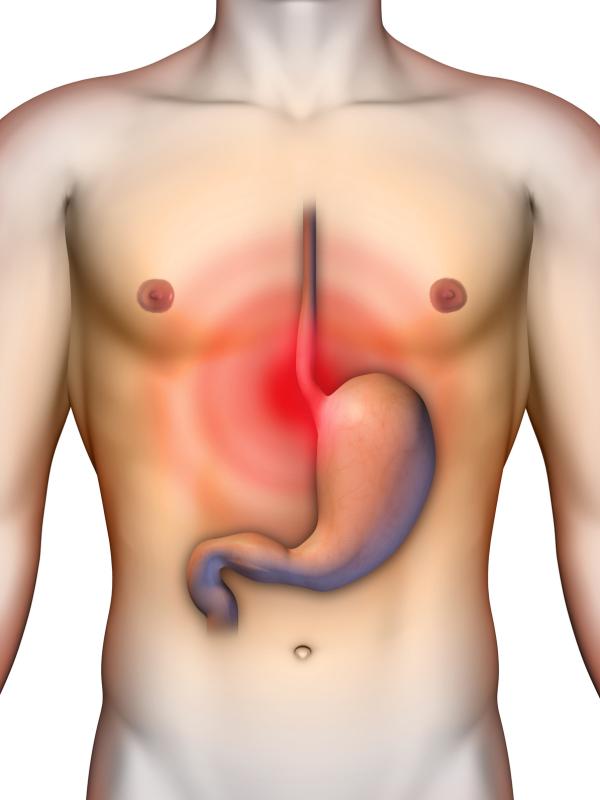
Increased acid exposure on pretransplant impedance-pH testing may lead to the development of bronchiolitis obliterans syndrome (BOS) and chronic lung allograft dysfunction (CLAD), both of which are measures of chronic allograft rejection, after lung transplantation, suggests a recent study.
Such finding may offer clinically relevant information to improve lung allograft survival through aggressive reflux management, according to the investigators.
This retrospective cohort study included 51 lung transplant recipients (mean age, 56 years; 59 percent men) undergoing impedance-pH testing off proton pump inhibitor from 2007 to 2016. Those with pretransplant antireflux surgery were not eligible for the study.
Cox proportional hazards model was used for the time-to-event analysis to examine the relationship between pretransplant reflux measures and the development of BOS, which was defined histologically and clinically. A secondary analysis was conducted with CLAD as the outcome variable.
Over a mean follow-up of 2.2 years, 13 patients (28 percent) reached the BOS endpoint. Time-to-event analysis revealed that BOS correlated with elevated acid exposure, defined as >4.2 percent of time with pH <4 (hazard ratio [HR], 4.18, 95 percent confidence interval [CI], 1.31–13.4; p=0.01), and increased DeMeester score >14.7 (HR, 3.08, 95 percent CI, 1.02–9.26; p=0.04).
Kaplan-Meier analyses confirmed these associations.
On secondary analysis, increased acid exposure also correlated with CLAD (HR, 3.28, 95 percent CI, 1.09–9.88; p=0.03), which persisted on multivariate models.
“BOS is a primary measure of morbidity and mortality following lung transplantation and a manifestation of CLAD,” the investigators noted. “Acid reflux has been associated with early allograft injury through a proposed mechanism of aspiration and activation of the inflammatory cascade.”